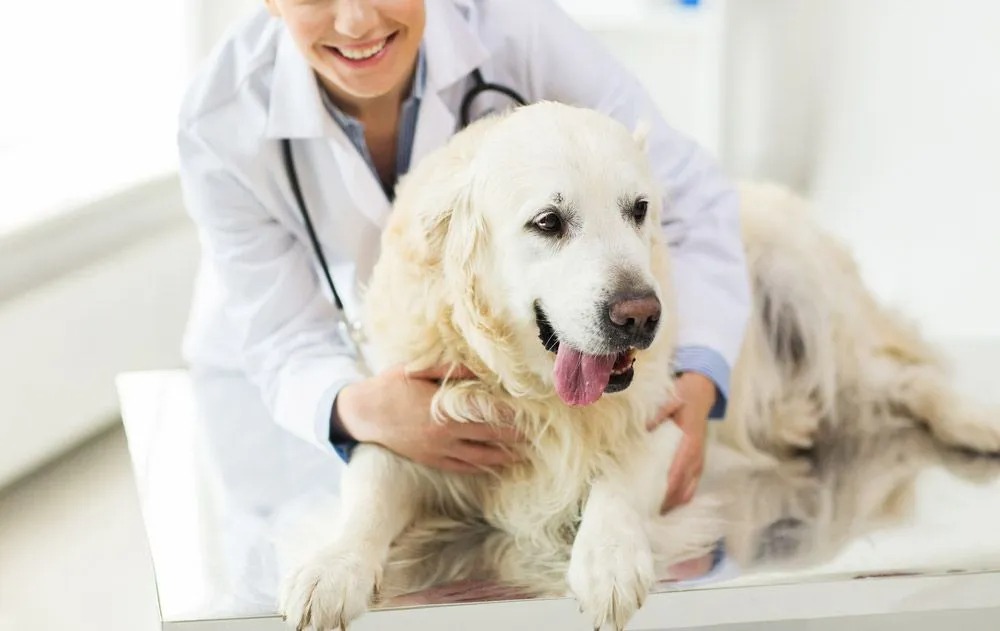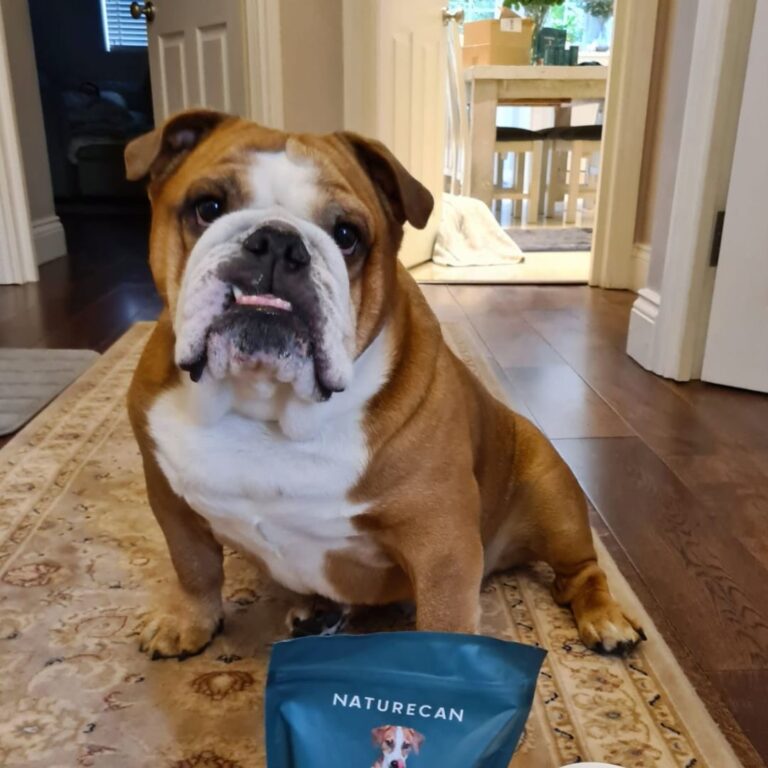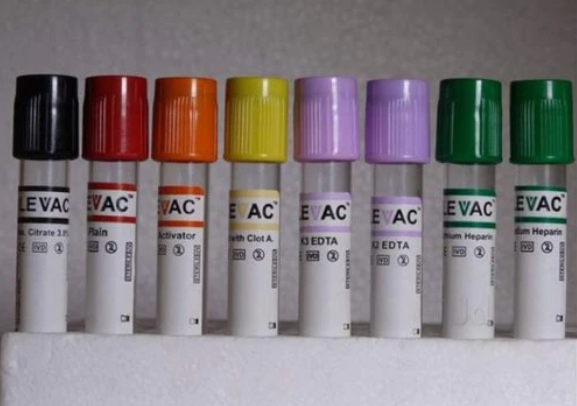What Does A General Veterinarian Do? A Look At Comprehensive Pet Care
You want the best for your pet. A general veterinarian plays a key role in maintaining your pet’s health, providing essential care. At an Aurora veterinarian, you get dedicated professionals committed to your pet’s well-being. Your veterinarian offers routine check-ups, vaccinations, and advice on nutrition. They identify and treat illnesses, ensuring your pet stays healthy. They also handle minor injuries and perform basic surgeries when needed. Your veterinarian keeps records of your pet’s health, helping to spot problems early. When your pet requires specialized care, your veterinarian refers you to an expert. Understanding what a general veterinarian does helps you make informed decisions. You gain insight on how routine care keeps your pet thriving. Your trust in their care ensures your pet’s happy life. Together, you and your veterinarian create a lasting partnership for your pet’s health and happiness. Your pet deserves nothing less.
Table of Contents
Routine Check-Ups
Regular visits to the vet, usually once or twice a year, are crucial. During these visits, your veterinarian examines your pet from nose to tail. They check the heart, lungs, eyes, ears, and other body systems. This helps catch any issues early and keep your pet in top shape.
Vaccinations
Vaccinations protect your pet from contagious diseases. Your veterinarian keeps track of your pet’s vaccination schedule, ensuring they receive shots at the right time. Common vaccines include rabies, distemper, and parvovirus. Keeping up with vaccinations helps prevent outbreaks in your community. The American Veterinary Medical Association provides detailed information on vaccine schedules for various pets.
Nutrition Advice
Your pet’s diet impacts their health significantly. Veterinarians offer advice on proper nutrition to support growth, energy, and longevity. They help you choose the right food based on your pet’s age, size, and activity level, ensuring they receive balanced meals. An informed diet helps manage weight and prevent diseases related to poor nutrition.
Identifying and Treating Illnesses
When your pet feels under the weather, your veterinarian conducts tests to identify the illness. They use blood tests, x-rays, or ultrasounds to diagnose the problem. Once identified, they discuss treatment options with you. Treatment can range from medications to minor surgeries. Your veterinarian guides you through the process, ensuring your pet receives the care they need.
Minor Injuries and Basic Surgeries
Pets sometimes get small cuts or sprains. Your veterinarian treats these injuries to prevent infections or further damage. They stitch wounds, apply bandages, and recommend care routines for quick recovery. For some issues, like dental extractions or spaying and neutering, your veterinarian performs basic surgeries. They explain each step and care instructions to make the process smooth and stress-free.
Health Records and Monitoring
Keeping detailed health records helps track your pet’s history and spot potential issues. Your veterinarian documents each visit, noting changes in weight, behavior, or health. This log aids in monitoring ongoing conditions or adjusting care plans as needed.
Specialized Care Referrals
Sometimes, your pet needs specialized care beyond what a general veterinarian offers. In these instances, your veterinarian refers you to a specialist. This ensures your pet gets expert attention for intricate issues like complex surgeries or uncommon diseases.
Comparison Table: Basic Services Offered by General Veterinarians
| Service | Description |
| Routine Check-Ups | Regular health assessments to spot issues early. |
| Vaccinations | Protects pets from contagious diseases. |
| Nutrition Advice | Guidance on balanced diets for optimal health. |
| Treating Illnesses | Diagnosis and treatment of health problems. |
| Minor Injuries | Care for cuts, sprains, and other small injuries. |
| Basic Surgeries | Procedures like spaying, neutering, and dental work. |
| Health Records | Documenting visits and monitoring health changes. |
| Referrals | Directing to specialists for complex issues. |
Conclusion
Your pet relies on you for care, and a general veterinarian is your ally in this journey. Understanding their role ensures you provide the best for your pet. Regular visits, vaccinations, and proper nutrition keep your pet healthy and happy. Trust in your veterinarian’s expertise and experience. They are there to support you and your pet every step of the way.





